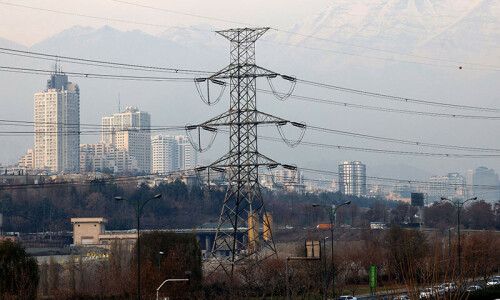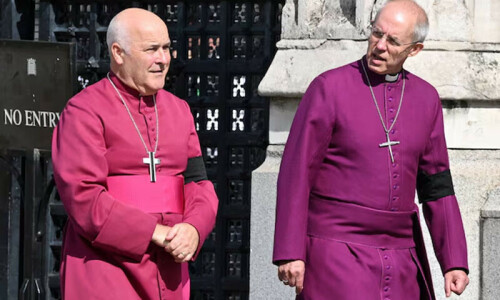THE Employees’ Old-Age Benefits Institution (EOBI), created under the Employees’ Old-Age Benefits Act, 1976, disburses monthly pension to the retired eligible employees of industrial and commercial establishments. The only source of EOBI funds is the monthly contribution received from the employers on behalf of their employees. EOBI invests the amounts so received to ensure long-term financial health.
Ever since the devolution of labour laws to provinces under the 18th Amendment in April 2010, EOBI has been confronted with constant legal battles with employers on the issue of the rate at which the monthly contribution is payable. Despite the said Amendment, the federal government did not devolve EOBI management to the provinces nor regularised this matter through legislation.
Over the last 13 years, the employers have been legally challenging EOBI attempts to enhance the rate of monthly contribution. The EOBI, on its part, has no valid legal grounds in its favour.
In 2005, the definition of ‘wages’ was amended to mean the rates of wages as declared under the Minimum Wages for Unskilled Workers Ordinance,1969. The monthly contribution was to be paid as a percentage of the prevalent minimum wages for the unskilled workers instead of a fixed amount, which was revised by the government from time to time.
Besides, another amendment stipulated that the wages for the purpose of calculation of benefits “shall be treated as three thousand rupees per month”. This condition is still applicable as there has been no amendment to it since then. Consequently, under the prevailing rules and regulations, EOBI cannot ask the employers to contribute anything higher than six per cent of Rs3,000 per insured employee.
After the devolution, the jurisdiction of the federal government has been confined to the Islamabad Capital Territory (ICT). In 2015 and 2022, the minimum monthly wage was increased, but EOBI’s notices to the employers across Pakistan for proportionate enhancement in their contributions were either struck down or stayed by the higher courts. The only exception in this regard has been the verdit of the Sindh High Court (SHC). Accordingly, the employers in Sindh are paying the EOBI contribution at 6pc of Rs25,000.
Recently, the EOBI has once again sent a circular to employers across Pakistan, asking them to pay the contri- bution at the rate of 6pc of Rs32,000, which is the revised minimum wage. The matter will end up in the courts once again.
As things are getting complicated with the passage of time, it will be great if the higher judiciary may take it up urgently and settle the matter once and for all. Two appeals to this effect are already pending before the Supreme Court.
Parvez Rahim
Karachi
Published in Dawn, September 14th, 2023













































Dear visitor, the comments section is undergoing an overhaul and will return soon.